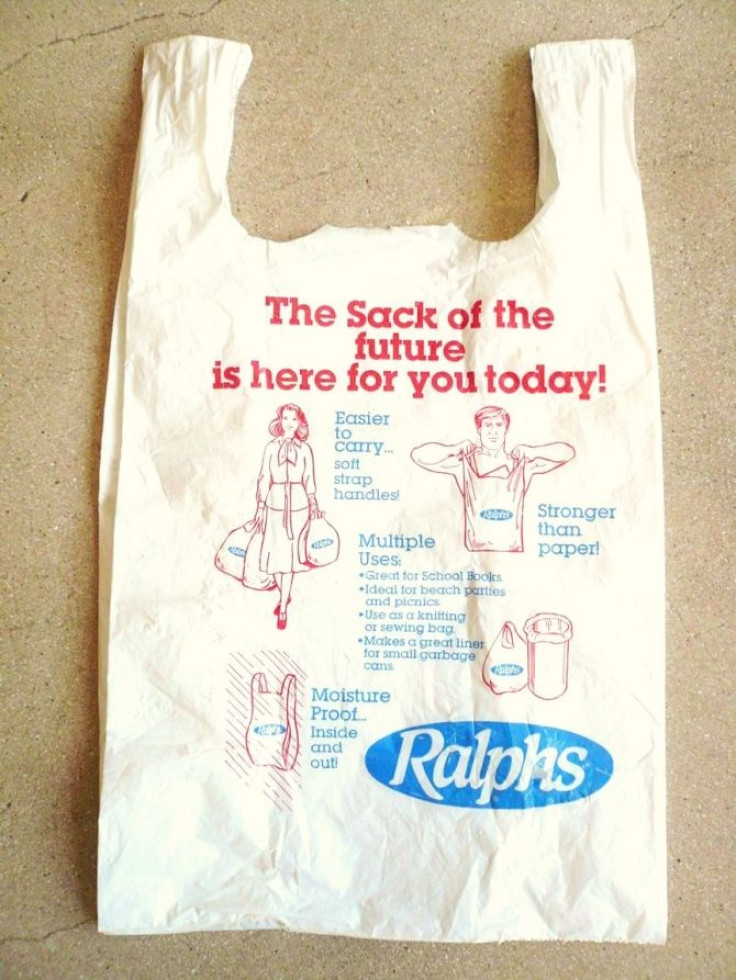Recent Norovirus Outbreak Traced to Grocery Bag Left in the Restroom

A new study illustrates just how easy a person can contract norovirus, the extremely contagious stomach bug, notorious for ruining vacations on cruise ships, and can cause symptoms like upset stomach, nausea and diarrhea.
Health officials in Oregon tracked a recent outbreak of norovirus among young female soccer players attending a game in 2010 to a reusable grocery bag.
The virus had affected seven of the 17 players who were attending an out-of-state tournament in Seattle, Washington, and the all the infected players had fell ill with severe vomiting and diarrhea, even though none of them had been in direct contact with the first girl to get sick.
The girl who was first infected had had left her room and moved in with a chaperone before her overt symptoms began, and an outbreak affected the rest of the team several days later after they were exposed to a bag of snacks that had been stored in the hotel bathroom where the first affected girl had vomited and had diarrhea.
After conducting extensive interviews with team members about every possible food exposure, researchers found that all the girls affected had on Sunday eaten cookies from the bag that was stored in the bathroom, and fell ill on Tuesday, and matching viruses on the reusable shopping bad two weeks later.
Researchers explained that the virus must have aerosolized in the bathroom and settled onto the grocery bag and its contents, according to the study published in The Journal of Infectious Diseases.
"While we certainly recommend not storing food in bathrooms, it is more important to emphasize that areas where aerosol exposures may have occurred should be thoroughly disinfected; this includes not only exposed surfaces, but also objects in the environment" that could become contaminated and spread infection, the authors wrote.
Researchers recommend that people disinfect affect areas and have infected people use one dedicate bathroom instead of multiple ones to limit outbreak caused by indirect contact.
Aron Hall of the Centers for Disease Control and Prevention noted in an accompanying editorial that noroviruses "are perhaps the perfect human pathogens," and cause an estimated 21 million cases of acute gastroenteritis a year in the U.S. alone.
Hall said that the investigation into this outbreak traced to a reusable grocery bag, "provides a fascinating example of how a unique exposure and transmission scenario can result in a norovirus outbreak."
Norivirus, which is highly contagious even in low concentrations, can spread through contact with surfaces and objects contaminated by aerosolized particles. The virus, which is the leading cause of endemic diarrheal disease, foodborne disease and half of all gastroenteritis outbreaks worldwide, spreads quickly from feces and vomit by direct and indirect contact.
Experts suggest that all infected people should try to use a separate bathroom and notify family members or cleaning staff about thoroughly disinfecting all surfaces to reduce the risk of spreading the virus.



























